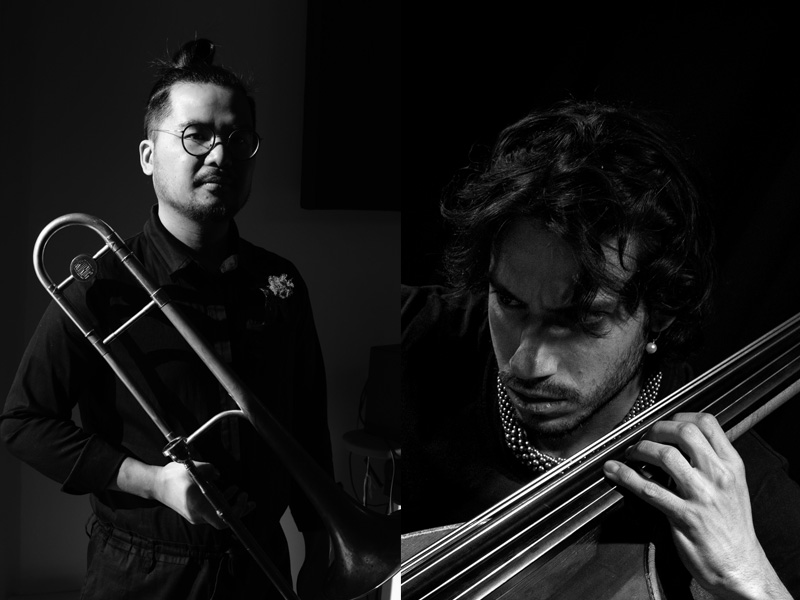Kranichstein Music Prize

Kalun Leung and Pietro Elia Barcellona were awarded the Kranichstein Music Prize 2025.
Since 1952, the Kranichstein Music Prize (Kranichsteiner Musikpreis) has been awarded during the Darmstadt Summer Course. There are 185 laureates so far and for many of them the renowned prize has been an important milestone at the beginning of their career as musician, ensemble or composer.
The total endowment sum of the Kranichstein Music Prize is 6,000 EUR. These two awards are complemented by a number of scholarships for the participation in the following Darmstadt Summer Course.
Composers, ensembles/musicians who take part actively in the Darmstadt Summer Course can be taken into account for the prize. Compositions are considered when a live performance of the work takes place in an officially scheduled concert during the Summer Course. (This includes the performance of a tape / electronic piece to an audience in a concert or installation setting.) Interpreters (soloists and ensembles) are judged on live performance during the Summer Course.
The Kranichstein Music Prize winners and the scholarship holders are chosen by an independent jury coming from different fields of New Music. For 2025, the composer Oxana Omelchuk, the music journalist Leonie Reineke and the musicologist Michael Kunkel were invited as Kranichstein jury members.
The prize is awarded for a work / performance / an artistic project which the jury judges to be outstanding in terms of quality and impact.
The 2025 jury will judge by the following criteria:
Composition: Originality, (artistic) communication skills, own “voice”, choice of means in relation to the artistic project, collaboration with other artists during the Summer Course, intelligence and sensitivity in dealing with artistic materials and media.
Interpretation : Originality, stage presence, own “voice”, interaction (in ensembles), collaboration with other artists during the Summer Course, intelligence and sensitivity in dealing with scores, other performance-related media and the audience.